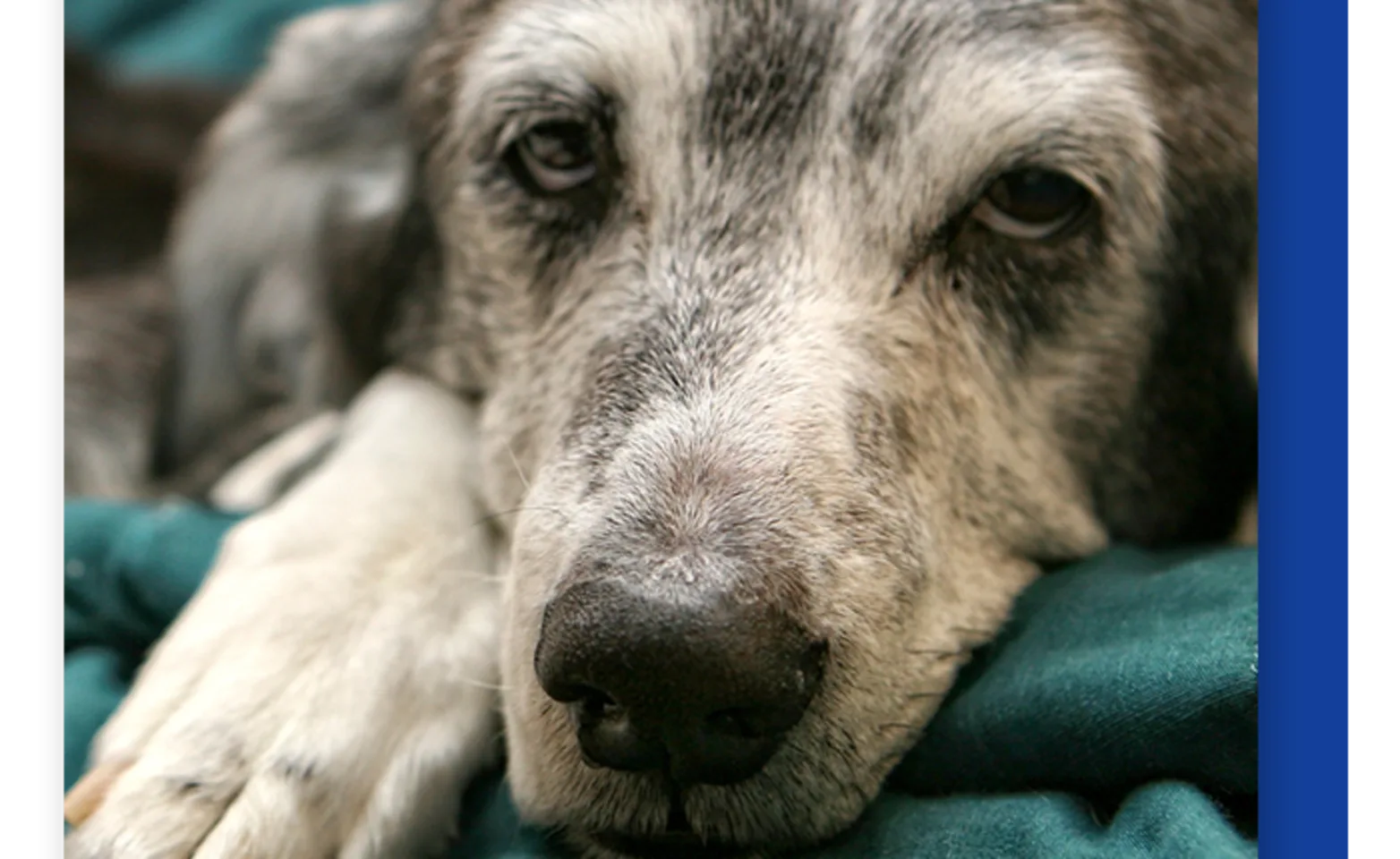Eagle Animal Hospital
Typical Pet Surgery Procedures Our Pet Clinic Offers
As a full-service pet hospital, we strive to accommodate an extensive range of surgical needs for your convenience. The following is a list of common pet surgeries we perform at our animal wellness centers. If you’re seeking a procedure that is not listed, we encourage you to contact us to find out whether one of our veterinarians can perform it.
Abscess and Wound Care
Cystotomy
Dental Surgery
Exploratory Surgery
Gastropexy
Gastrointestinal Foreign Body Removal
Laceration Repair
Lump/Mass/Growth Removal
Ocular (Eye) Surgeries
Splenectomies
Soft Tissue Surgery
Spay and Neuter Procedures
Surgical Biopsies
Skin Biopsies
Trauma/Injury
And More
How to prepare your pet for surgery
For more information regarding pet preparation for an upcoming surgery. Please view the accompanying video.

Reasons Why Your Pet May Require Surgery
Abdominal Blockage: Surgery may be necessary to remove foreign objects or address obstructions in the gastrointestinal tract.
Bladder Stone Removal: Surgery can be required to remove bladder stones that cause discomfort and urinary tract issues.
Cataract Surgery: Pets with severe cataracts may benefit from surgical removal to restore vision.
Dental Procedure: Common dental surgeries for pets include extractions, periodontal treatment, and oral tumor removal.
Fractured Bones: Surgery may be needed to repair broken bones and promote proper healing and mobility.
Ligament Tear: Repairing a torn ligament may require surgical intervention to restore stability and mobility.
Tumor Removal: Surgical removal of benign or malignant tumors can help prevent the spread of cancer and improve your pet's prognosis.
Wound Repair: Surgical intervention is often required to clean, stitch, and treat deep wounds or lacerations.
